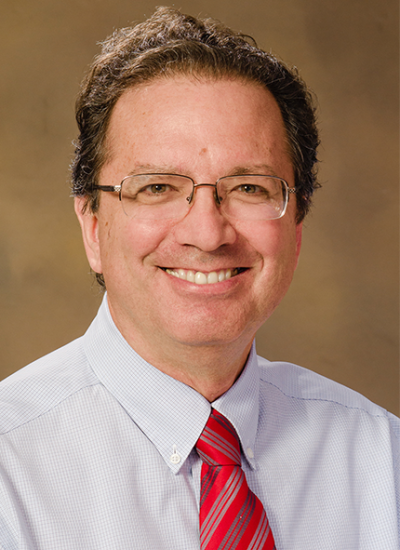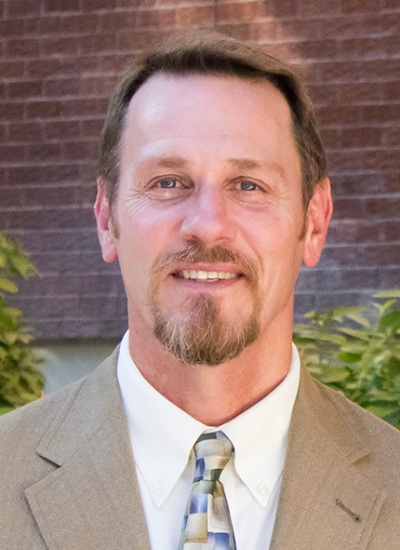Pathology
Retired Assistant Research Professor
Director, VIPER Institute
Primary Department
Department Affiliations
Contact
(520) 626-5850
Magdalene Yh So
Professor, Immunobiology
Director, Microbial Pathogenesis Program
Professor, Animal and Comparative Biomedical Sciences
Professor, Biochemistry/Molecular Biophysics
Professor, Genetics - GIDP
Professor, Molecular and Cellular Biology
Professor, BIO5 Institute
Primary Department
Department Affiliations
Contact
(520) 626-3097
Work Summary
How do bacteria "talk" to the body? How does the body reply to the microbe? How does this conversation affect your health and well being?
Research Interest
Fernando Martinez
Professor, Pediatrics
Director, Asthma / Airway Disease Research Center
Endowed Chair, Swift - McNear
Regents Professor
Professor, Genetics - GIDP
Professor, BIO5 Institute
Primary Department
Department Affiliations
Contact
(520) 626-5954
Research Interest
David G Besselsen
Veterinary Specialist
Adjunct Associate Professor, Animal and Comparative Biomedical Sciences
Associate Research Scientist, BIO5 Institute
Member of the General Faculty
Member of the Graduate Faculty
Primary Department
Department Affiliations
Contact
(520) 626-6702
Research Interest
Parker B Antin
Associate Dean, Research-Agriculture and Life Sciences
Associate Vice President for Research, Agriculture - Life and Veterinary Sciences / Cooperative Extension
Professor, Cellular and Molecular Medicine
Professor, Molecular and Cellular Biology
Professor, BIO5 Institute
Primary Department
Department Affiliations
Contact
(520) 621-5242






